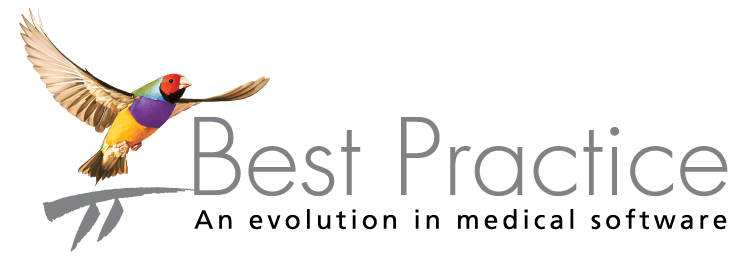It almost goes without saying, but Practice Managers are increasingly burdened with high staff turnover, frustrated patients, pressures of legislative changes and higher than ever running costs. Never has the role of a Practice Manager become just so pivotal. As the keystone in this intricate ecosystem, Practice Managers bear the responsibility to navigate and mitigate these challenges to ensure the seamless operation of the practice – but how can you increase efficiencies, profit and staff morale when you just don’t have the time?
Through the implementation of targeted communication strategies, staff training programs, and wellness initiatives, Practice Managers can craft an environment that not only supports their teams but also fosters a harmonious workplace culture. Such initiatives are not mere reactionary measures but rather strategic endeavours aimed at building resilience and adaptability among staff members. Out of a competing priority list, start by prioritising effective communication strategies to bridge any gaps between staff and patients. This in turn will help to mitigate misunderstandings and fostering a more respectful atmosphere. Simultaneously, well-curated staff training programs equip team members with the necessary skills to adeptly handle the evolving demands of their roles, thus reducing turnover rates. Is technology or your practice software causing your issues? Your software vendor might be able to help equip your team with some additional skills.
Building upon these strategies, Practice Managers must delve deeper into their implementation to transform the workplace culture genuinely, and that starts with the right people. Leveraging research-based tactics in staff selection and training can fundamentally alter the dynamics within a workplace. By meticulously selecting and interviewing potential hires, Practice Managers ensure that new staff members align with the ethos and demands of the practice, effectively reducing future turnover. Once they’re on board, developing robust training programs equips staff with pertinent skills but also fosters a sense of preparedness and confidence. This proactive approach aligns with best practices in crisis management by emphasising ongoing development and follow-up as crucial components in staff support systems. You don’t have to do it alone though. There are external organisations full of highly skilled and accredited trainers to outsource to, should you wish.
The role of Practice Managers in addressing the multifaceted challenges faced by General Practitioners’ offices is both pivotal and transformative. Through the implementation of targeted communication strategies, tailored staff training programs, and holistic wellness initiatives, you, as leaders, construct a resilient framework that not only mitigates immediate stressors but also fosters long-term adaptability within your team. By bridging gaps through clear communication, equipping staff to meet evolving demands, and prioritising mental well-being and physical health, Practice Managers can influence an environment where team members feel supported and empowered. This proactive approach transcends mere crisis management by embedding resilience and cohesion into the very fabric of workplace culture.
Authored by:
Suzi Eley
Training and Deployment Team Leader at Best Practice Software
Explore our range of news and training resources:
Bp Learning Video Library | Bp Learning Training Options | Bp Newsroom Blog
Subscribe to Our Newsletters | Bp Learning Webinars

